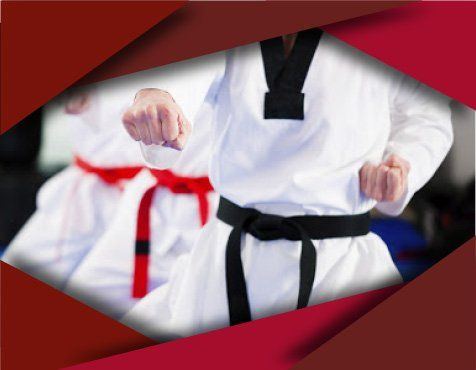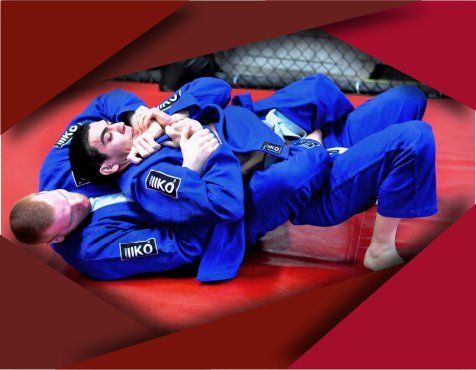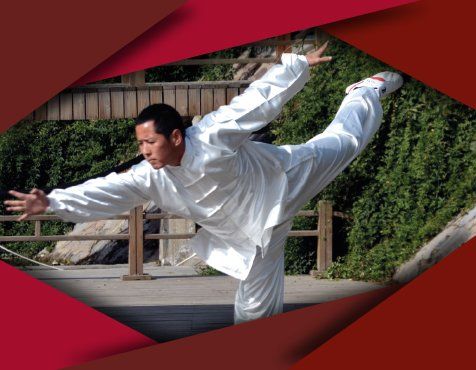Martial arts is not just about physical techniques—it’s also about cultivating mental clarity, focus, and inner strength. One powerful way to enhance your martial arts practice is by incorporating meditation into your routine. Meditation can help calm the mind, improve concentration, and deepen your connection to your body and breath, enhancing your overall martial arts experience. In this blog, we’ll explore the benefits of meditation for martial artists and provide practical tips for integrating meditation into your training regimen.
The Benefits of Meditation for Martial Artists:
Meditation offers a wide range of benefits that complement martial arts training. By practicing meditation regularly, martial artists can experience:
Improved focus and concentration: Meditation helps quiet the mind and enhance mental clarity, allowing practitioners to maintain focus during training and competitions.
Reduced stress and anxiety: Martial arts can be physically and mentally demanding, but meditation provides a valuable tool for managing stress and anxiety, promoting a sense of calm and inner peace.
Enhanced body awareness: Through meditation, practitioners develop a heightened awareness of their bodies, allowing them to move with greater precision, control, and efficiency.
Increased resilience and mental toughness: Meditation teaches practitioners to observe their thoughts and emotions without judgment, fostering resilience and emotional stability in the face of challenges.
Greater overall well-being: Meditation promotes a sense of balance, harmony, and well-being, helping martial artists cultivate a positive mindset and approach to training and life.
Practical Tips for Integrating Meditation into Your Training Routine:
If you’re new to meditation or unsure how to incorporate it into your martial arts practice, here are some practical tips to help you get started:
Start small: Begin with short meditation sessions lasting 5-10 minutes and gradually increase the duration as you become more comfortable with the practice.
Find a quiet space: Choose a quiet, comfortable space free from distractions where you can meditate without interruption. This could be a dedicated meditation room, a peaceful outdoor setting, or simply a quiet corner of your home.
Experiment with different techniques: There are many different meditation techniques to explore, including mindfulness meditation, breath awareness, guided visualization, and loving-kindness meditation. Experiment with different techniques to find what works best for you.
Establish a regular practice: Consistency is key to reaping the benefits of meditation. Set aside time each day for meditation, whether it’s first thing in the morning, during your lunch break, or before bed. Treat it like any other aspect of your training routine.
Combine meditation with martial arts practice: Incorporate meditation into your martial arts training by beginning or ending each training session with a short meditation session. This can help you transition from the stresses of daily life to a focused, present mindset for training.
Breathing Techniques for Meditation and Martial Arts:
Breath awareness is a central component of meditation and martial arts alike. By paying attention to your breath and practicing mindful breathing techniques, you can deepen your meditation practice and enhance your martial arts performance. Here are some breathing techniques to try:
Diaphragmatic breathing: Also known as “belly breathing,” this technique involves breathing deeply into your diaphragm, allowing your belly to rise and fall with each breath. This helps promote relaxation and centering.
Box breathing: Inhale for a count of four, hold for a count of four, exhale for a count of four, and hold for a count of four before repeating. This rhythmic breathing pattern can help regulate your nervous system and calm your mind.
Warrior breath: Inhale deeply as you prepare to execute a technique, exhale forcefully as you execute the technique, and then inhale again to prepare for the next movement. This synchronized breathing pattern helps synchronize your breath with your movements, enhancing power, and efficiency.
Maintaining Mindfulness in Motion:
In addition to formal meditation practice, martial arts itself can be a form of moving meditation. By staying fully present and mindful during training, you can deepen your connection to your body, breath, and surroundings. Pay attention to the sensations of movement, the rhythm of your breath, and the energy flowing through your body as you practice martial arts techniques. This mindful approach to training can enhance your performance and enrich your overall martial arts experience.
Integrating meditation into your martial arts routine can offer a wide range of benefits, from improved focus and concentration to reduced stress and enhanced well-being. By incorporating meditation techniques into your training regimen and maintaining mindfulness in motion, you can deepen your connection to your martial arts practice and cultivate inner strength, balance, and resilience both on and off the mat.






































